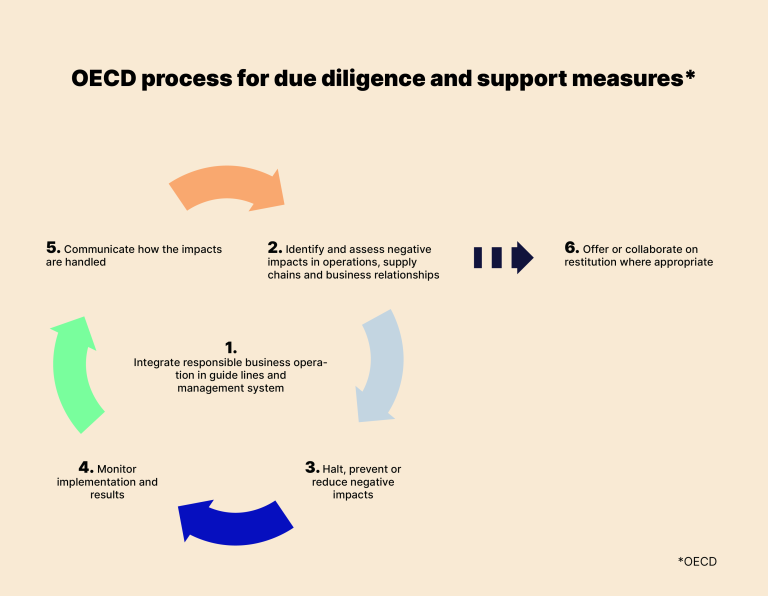Bovet’s approach to the Transparency Act
The Norwegian Transparency Act, which came into force on 1 July 2022, aims to reduce the risk of human rights breaches and ensure decent working conditions in a company’s own activities, its value chain and at its partners. In addition to promoting human rights and decent working conditions, the Act will secure access to information.
Transparency Act Report 2023

Bouvet’s business
As a consultancy, Bouvet is oriented towards the Norwegian and Swedish markets and operates in both public and private sectors.
The business comprises seven regions and has 14 offices in Norway and three in Sweden. Its regional model ensures little bureaucracy and short decision paths, and gives scope for regional adaptation of the organisation and services in the six regions. That includes the operation of their own offices.
Bouvet has more than 2 300 employees and the business offers a broad range of services in information technology, design, communication and enterprise management. The ambition and values of the business support the autonomy of the individual region while providing the basis for sharing and for fellowship-based development. For more information about our employees, read the employee annual report.
Partners are used in circumstances where clients need expertise and solutions which Bouvet does not possess, and the business makes use of hired subcontractors where it lacks the capacity to meet demand.
Bouvet’s approach to due diligence pursuant to the legislation
Bouvet’s approach will comply with the principles in the OECD’s guidelines on responsible business conduct. Conducting due diligence will be integrated in Bouvet’s existing management system in accordance with the process outlined below.

The management system is owned by the CEO, with operational responsibility assigned to the group quality manager. Operational administration and training are organised through Bouvet’s regional quality and environmental managers. The CCO, IT manager, chief information security officer (CISO), office managers and persons responsible for HR are closely involved in implementation, and are responsible for measures related to their functions.
An annual briefing is given to the board on the work and possible changes.
More details
For more details, see the attached information on Bouvet’s approach and on the status of the work.
If you have direct questions about the way Bouvet handles actual and negative consequences for human rights and decent working conditions, use the following e-mail address to get in touch: [email protected]
Bouvet will respond to all enquiries within 21 days.